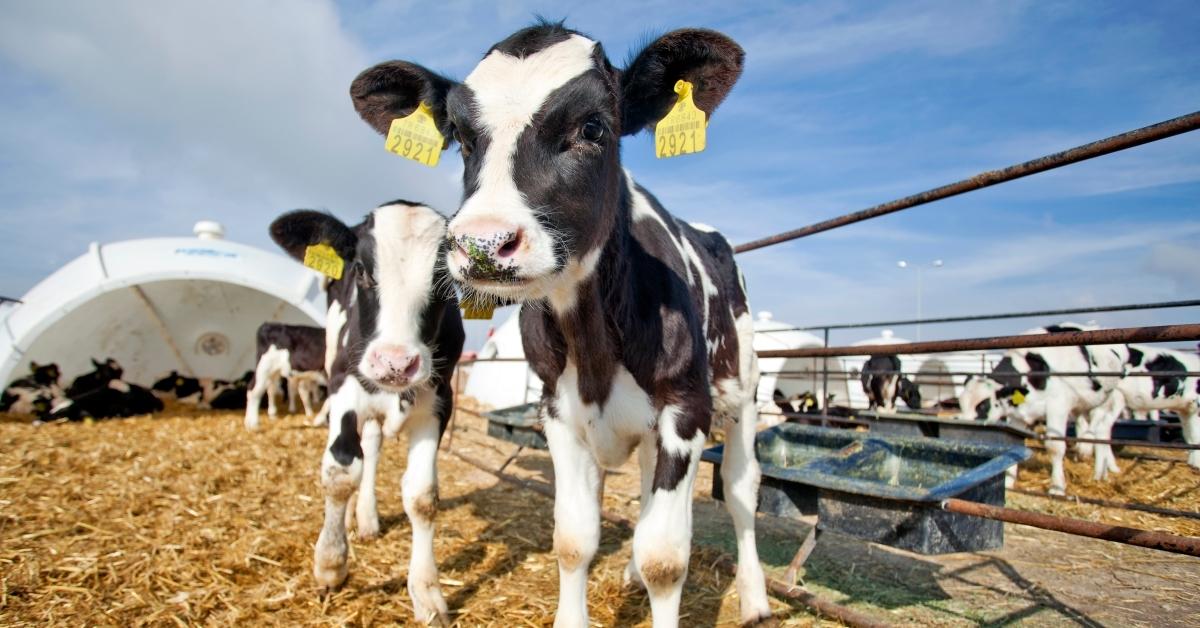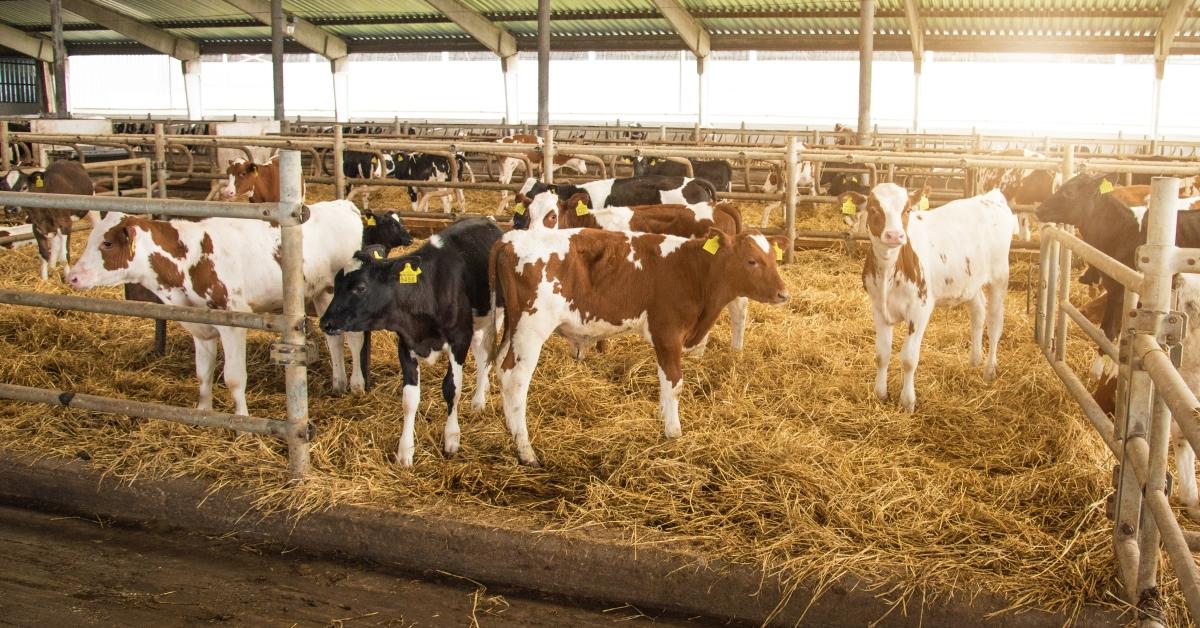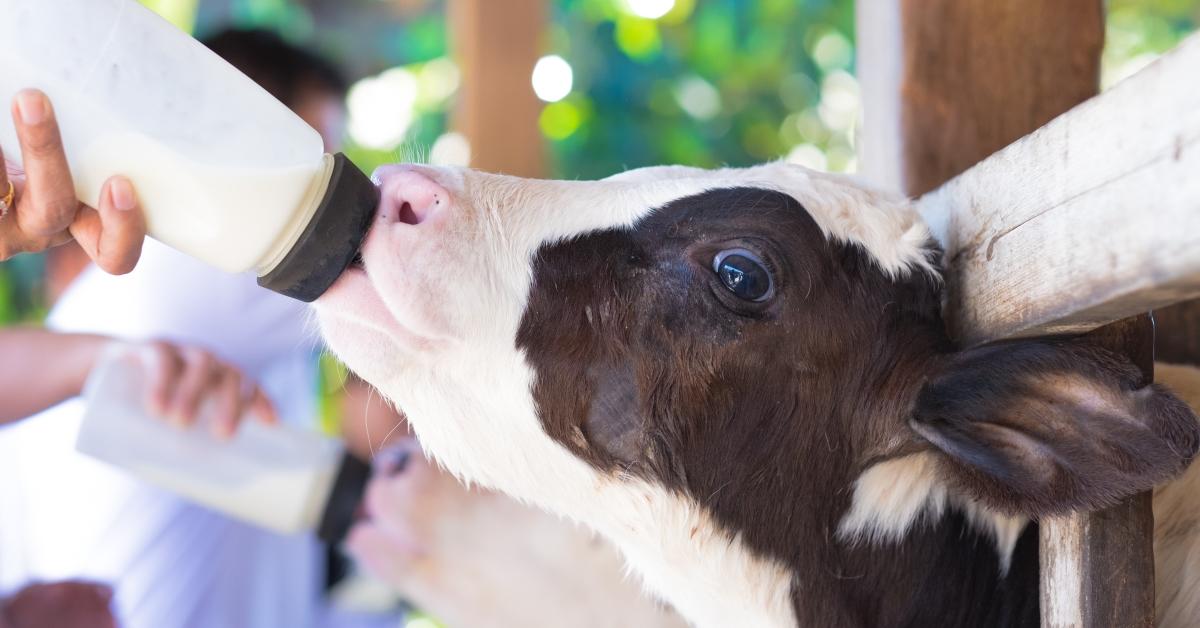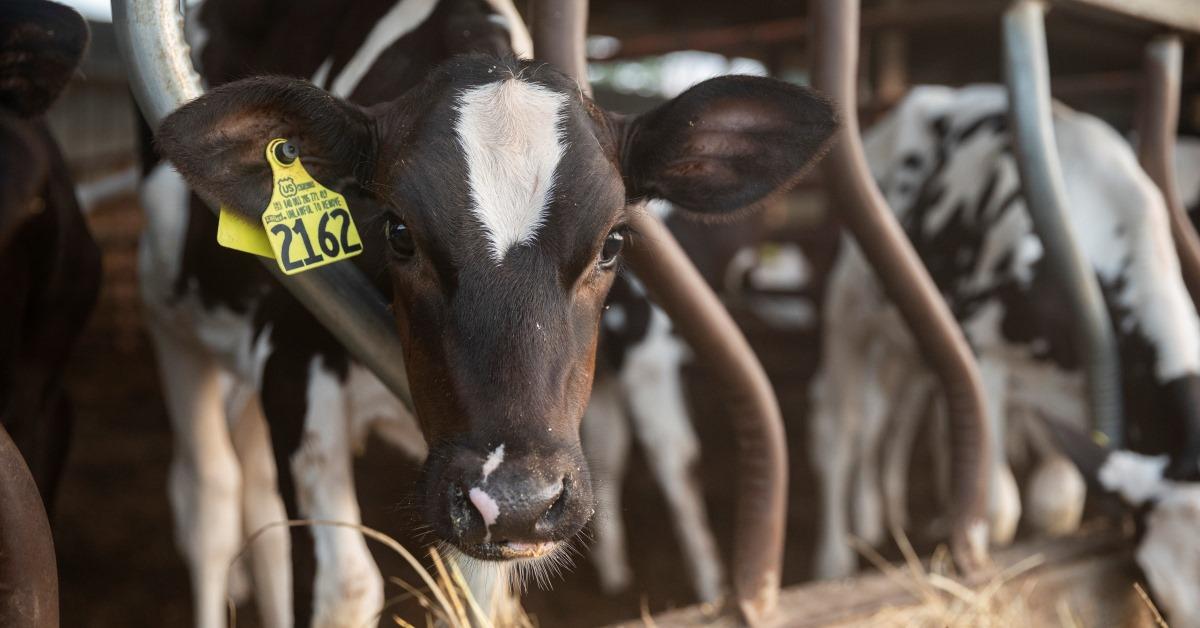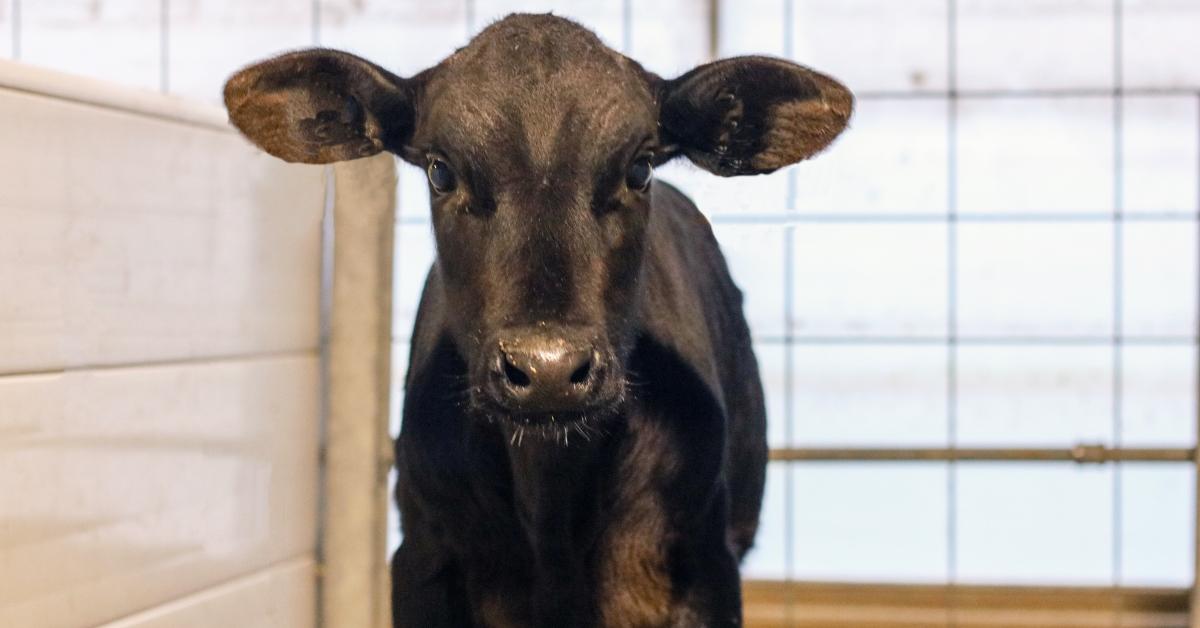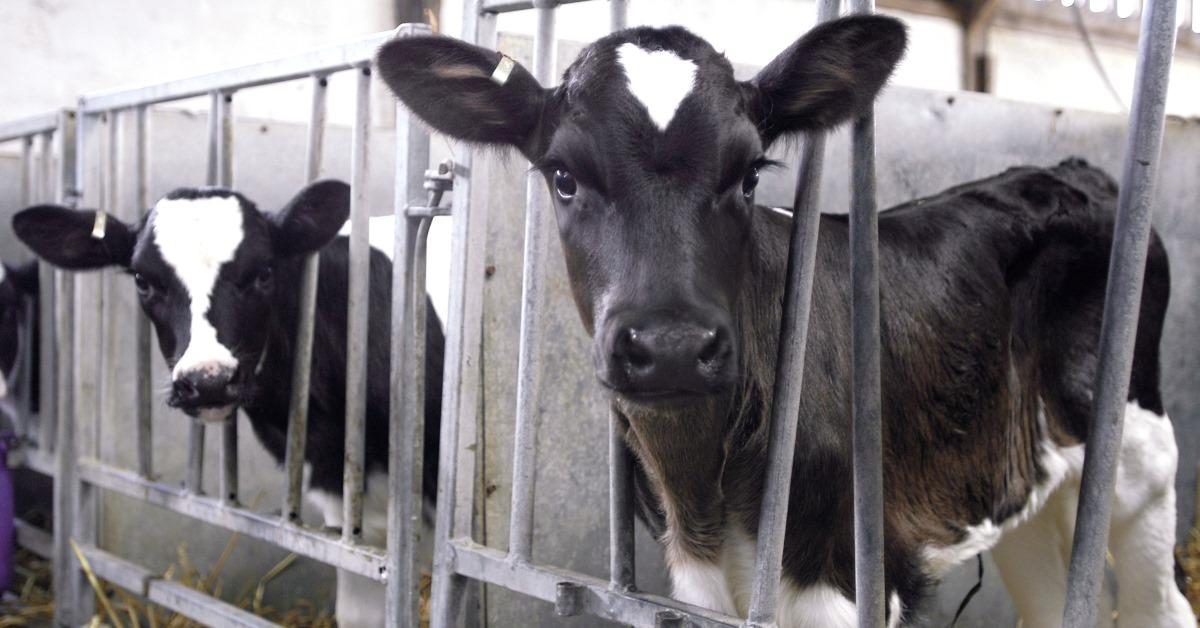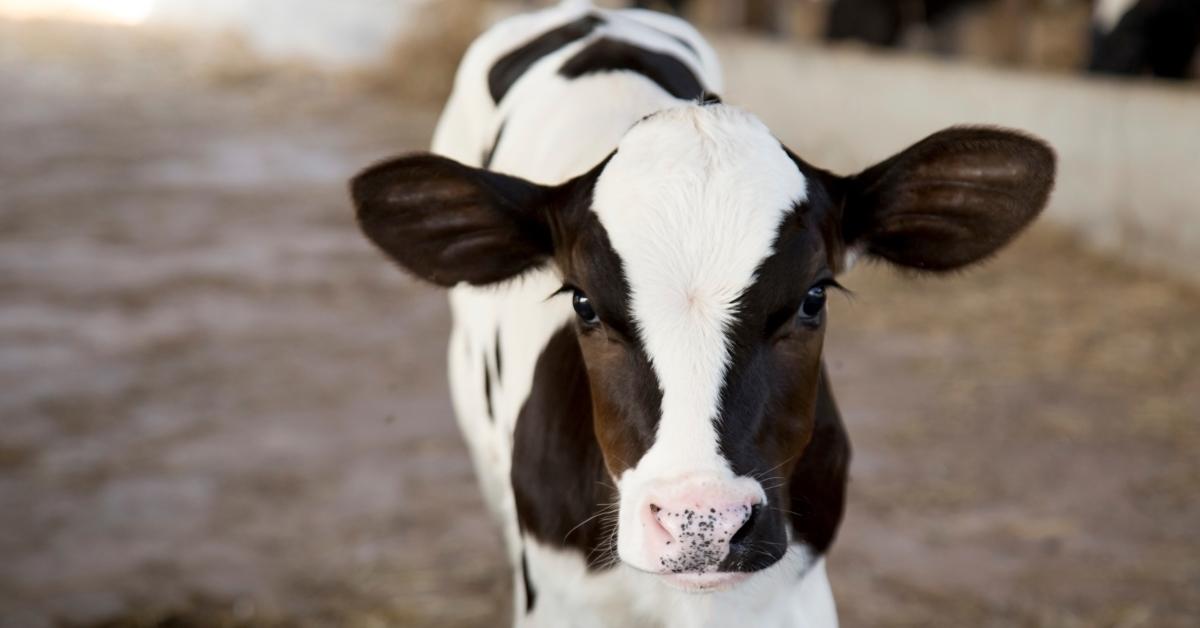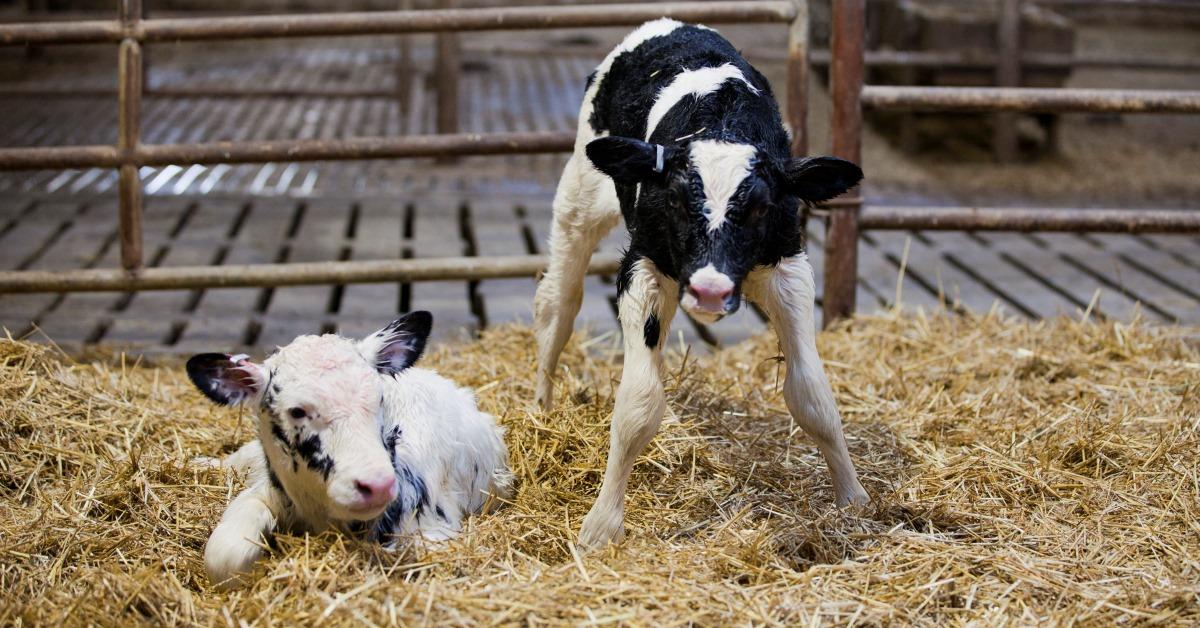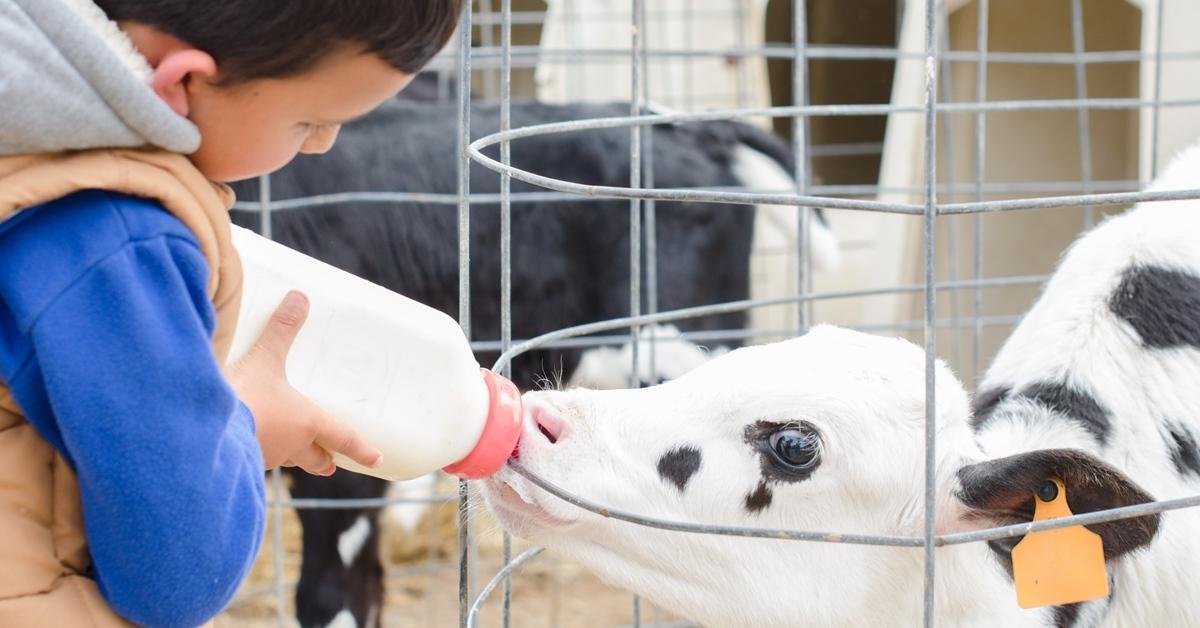The summer heat is here, and it’s time for the cows to kick back with some icy drinks by the wading pool or sit inside under the protection of air conditioning units. Unfortunately, our cows don’t have an easy way of avoiding the heat and sun. Unless we offer them some heat abatement technology, such as fans, soakers or misters, they are stuck handling the heat throughout the day until…READ MORE ›
What is an area you would like to improve in your calf raising? The chances are that the post-weaning transition phase comes to mind. The calf goes through many changes in the transition phase. READ MORE ›
In the Unites States, most dairy heifers in the pre-weaning phase are fed milk replacer rather than whole milk. Some of the major considerations behind this management decision include convenience, consistency, biosecurity and economics. READ MORE ›
heifers represent the future potential of a dairy operation. Raising heifers is costly and labor-intensive, so improving efficiency can no doubt have a significant impact on the overall profitability of a dairy operation.READ MORE ›
Passive immunity in dairy calves is evaluated by measuring the serum total protein (STP) within the first 1 to 7 days of life. This measurement offers us information directly correlated to an individual calf’s immune status, their likeliness of morbidity and mortality, and the effectiveness of the colostrum management programs in place. READ MORE ›
Whole milk can be an excellent source of nutrition for calves if managed correctly. Some of the most common questions we receive from producers using a whole milk program are: How much whole milk can I feed my calves? When and how should I be weaning my calves? And what can I expect in terms of calf performance? READ MORE ›
Superior calf performance begins during the birthing process and is followed by quality care of the newborn calf. READ MORE ›
As is true for all mammals, the umbilical cord serves as the pathway from the dam’s bloodstream to the calf’s bloodstream and liver, offering nourishment and waste removal during gestation.READ MORE ›
For both ethical and economic reasons, the push to reduce antibiotic use in calf-raising facilities continues to increase, and new research attempts to illustrate various ways that calf managers can implement realistic and sensible disease-prevention strategies in their calf raising programs.READ MORE ›

